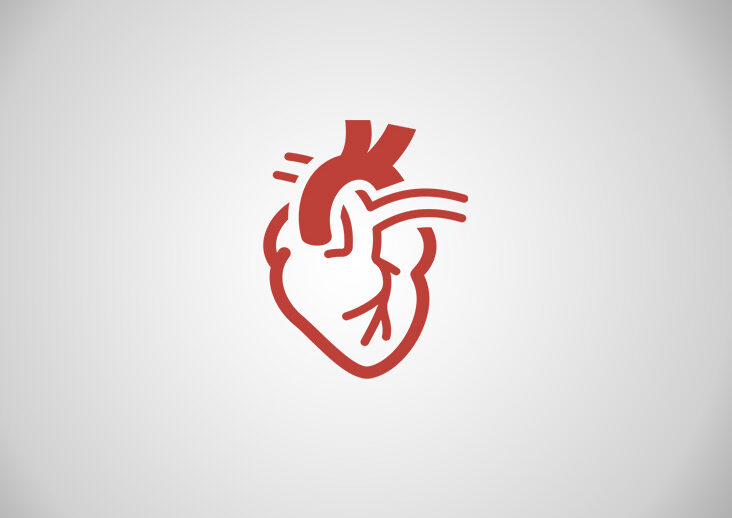The cardiology department of a hospital is a specialized area that focuses on the diagnosis and treatment of diseases and conditions of the heart and cardiovascular system. This department is usually staffed by a team of medical professionals, including cardiologists, nurses, and other support staff who work together to provide high-quality care to patients with heart-related problems.
Some of the common conditions treated in the cardiology department include coronary artery disease, heart failure, arrhythmias, valvular heart disease, and congenital heart defects. Patients may be referred to the cardiology department for a variety of reasons, including chest pain, shortness of breath, dizziness, palpitations, or a family history of heart disease.
The cardiology department may offer a range of services and procedures, including electrocardiograms (ECGs), echocardiograms, stress tests, cardiac catheterizations, angioplasty, and coronary artery bypass surgery. Treatment options may vary depending on the severity and complexity of the patient’s condition.
In addition to providing medical treatment, the cardiology department may also focus on educating patients about lifestyle changes that can improve heart health. This may include recommendations for diet, exercise, smoking cessation, and stress management.
Overall, the cardiology department plays a critical role in diagnosing and treating heart-related conditions, and can help patients to live longer, healthier lives.

